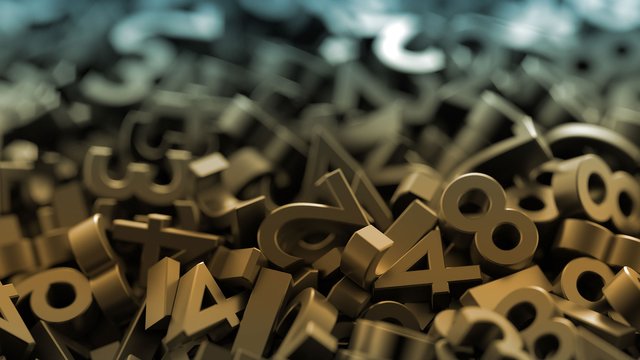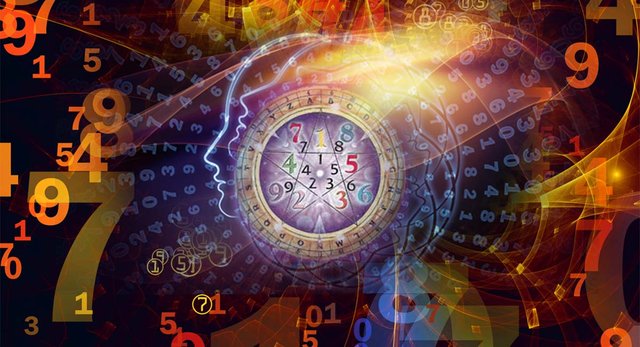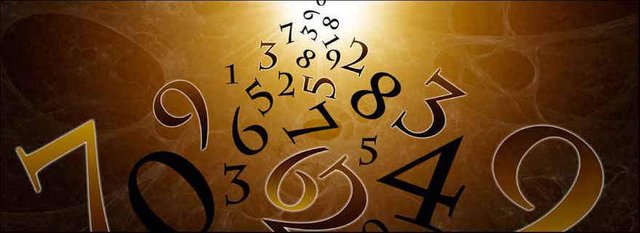Behind The Numbers: A Quick Look at Numerology
Typical numerology is based on assigning number to a person’s name and date of birth in order to predict behavior, success or lack thereof and other characteristic of the individual.
The idea that numbers have important meanings has also lead to heavy scrutinizing of single digit and combinations of numbers which appear and may be hidden in the Bible.
Even though it is not a component of accepted numerology, the use of numerical patterns for such enterprises as gambling or other games of luck is often referred as such.
History and Evolution
The beginning of numerology stretches back to the ancient Chinese, Egyptians and Babylonians. They had systems for the use of numbers in divination.
In the Western World, the discipline started with Pythagoras and other Greek philosophers around 600 B.C. Pythagoras and his associates believed that mathematics was a pure language and could be adopted to explain the mysteries of the universe.
The Egyptian books of the dead, Hebrew Cabala ideas, Christian mystics and even basic Gnostic concepts had an impact on the development of numerology. The Cabala tradition is particularly important, for the Hebrew alphabet uses the same symbols for letters and numbers.
Even St. Augustine of Hippo, one of the doctors of the Christian Church, considered numbers a universal language and a verification of the truth of God.
But in the 4th Century, during the First Council of Nicaea, the Church condemned numerology and discarded it as variety of foretelling.
Inadequacies of Numerology
The first and most important deficiency of numerology is the various numerous systems that designate different numerical values to the letters. Among the best known methods are the Indian, Arabic, Phonetic, Arabic, Pythagorean, Hebraic and Chaldean.
Then, there is the issue of which type of numbers – Arabic, Hebrew, Armenian or Greek – is used.
Finally, there is the matter of the number’s meaning. For example, commonly, the number 3 denotes Communication or Neutrality; 5, Action or Restlessness; and 8, Power or Sacrifice. In some systems a number can represent any of various letters.
In Chinese numerology, even numbers are lucky and odd ones, unlucky. There are combinations that are positive and others negative.
Numerology’s reputation is also tarnished by it past association with Alchemy and Astrology.
What Believers are Claiming
To the staunch numerologist, the only fact that matters is that he/she believes it works.
The faithful contend that if there was a scientific explanation, numerology would not be an occult subject; that numerology is one of the many psychic forces of the universe and that it cannot be measured by physical standards.
References



You have been upvoted by the @sndbox-alpha! Our curation team is currently formed by @jeffbernst, @bitrocker2020, @jrswab & @teachblogger . We are seeking posts of the highest quality and we deem your endeavour as one of them. If you want to get to know more, feel free to check our blog.